Konya Shamsrumi: What is the process of writing a poem like for you? Is it a lot of hard work or is it easy?
Aisha K. Mohammed: It’s usually something that flows easily from me. I don’t write poetry the way you’d expect, on a writing table with a cup of with coffee by the side. I could be on a cramped bus and a poem hits me and I have to type it on my phone. I don’t plan it. If I plan to write, it out it becomes hard. But that depending on what you consider to be “hard” to be in this case. If it relates to inspiration then I can say that writing poetry for me isn’t hard. I don’t have a defined process for writing poetry. When I have to revise and edit the poem, that’s when I have to consider defined writing.

Konya Shamsrumi: Please describe your identity in this or any possible world in imagery or metaphor?
Aisha K. Mohammed: For me to describe my identity to you in imagery and metaphors and in any possible world? You would have to consider poetry as more than just words on paper. You could liken poetry to artwork, artwork in this case paintings, charcoal drawings and so on. The way there are different media for art, for example charcoal and oil paint, is the same way we have different styles of poetry and you always know that a particular artist would always use oil paint for his paintings and he would have his own unique technique that can never be similar to another artists. That’s how poetry is. My identity in poetry is my technique, with metaphors and imagery which portrays myself. A poet’s essence is in the poem and I feel that you can find my identity from within that.
Konya Shamsrumi: If any of your poems could literally save a person’s life, which poem would it be and can you describe the person whose life you think it would have saved?
Aisha K. Mohammed: Poetry in its complexities reflects and doesn’t usually provide solutions. It can affect thought processes though and I think that if you can change how a person thinks then that person can change things around them and possibly save lives. But if I had to pick poems then I would pick kneel in my place—a poem I wrote about intercession and salvation. And an untitled poem I wrote for Nigeria. The person I would save will be the Nigerians. Our thought processes and spirituality os separated from religion.

Konya Shamsrumi: What Africa means to you, as potential or reality
Aisha K. Mohammed: Before I say if Africa is potential or reality, I would first say that Africa is me. It is who I am basically, my skin, hair, language, everything that I am. And it is home. Africa, in this context of either being potential or reality, is more potential because I feel that we haven’t lived up to our expectations. It is potential in the sense that we are constantly short-living ourselves.
I feel like there is so much more that we could be, so much more that we could show to the world. It is also reality but not as much as it is potential because there is so much more in us that we have not unleashed.
Konya Shamsrumi: Could you share one Poem you have been most impressed or fascinated by. Tell us why and share favourite lines from it.
Aisha K. Mohammed: I can’t pick a particular poem at the moment that would cover every single poem I’ve ever read. There are so many of them that have been amazing and it happens that I have a KO for a particular period of time, that would basically be my guide and even my motto for that period. So, to answer this question, I would have to narrow it down to the poems that I absolutely love and admire at this point in my life.
The first would be a line from Titilope Sonuga’s This is how we disappear
"become them, become the only stories we have ever been told "
I love this line because it is from an African poet but she describes a situation that is familiar to every woman in the world, this is the condition of women in the world.
The other line is from one of Rumi’s poems. At this point, I am beginning to delve into the intricacies of Sufism and I love this particular line:
"Do you know you are a manuscript from a divine letter"
I love this because of how much it inspires me when I read it. And what it seems to mean, that our lives have already been drawn out and we do not have to fight so much because some things are just destined to be.
.
- Poets Talk: 5 Questions with Kayeon Onyeka - February 25, 2025
- Poets Talk: 5 Questions with Jakky Bankong-Obi - December 3, 2024
- Poets Talk: 5 Questions with Odu Ode - November 26, 2024






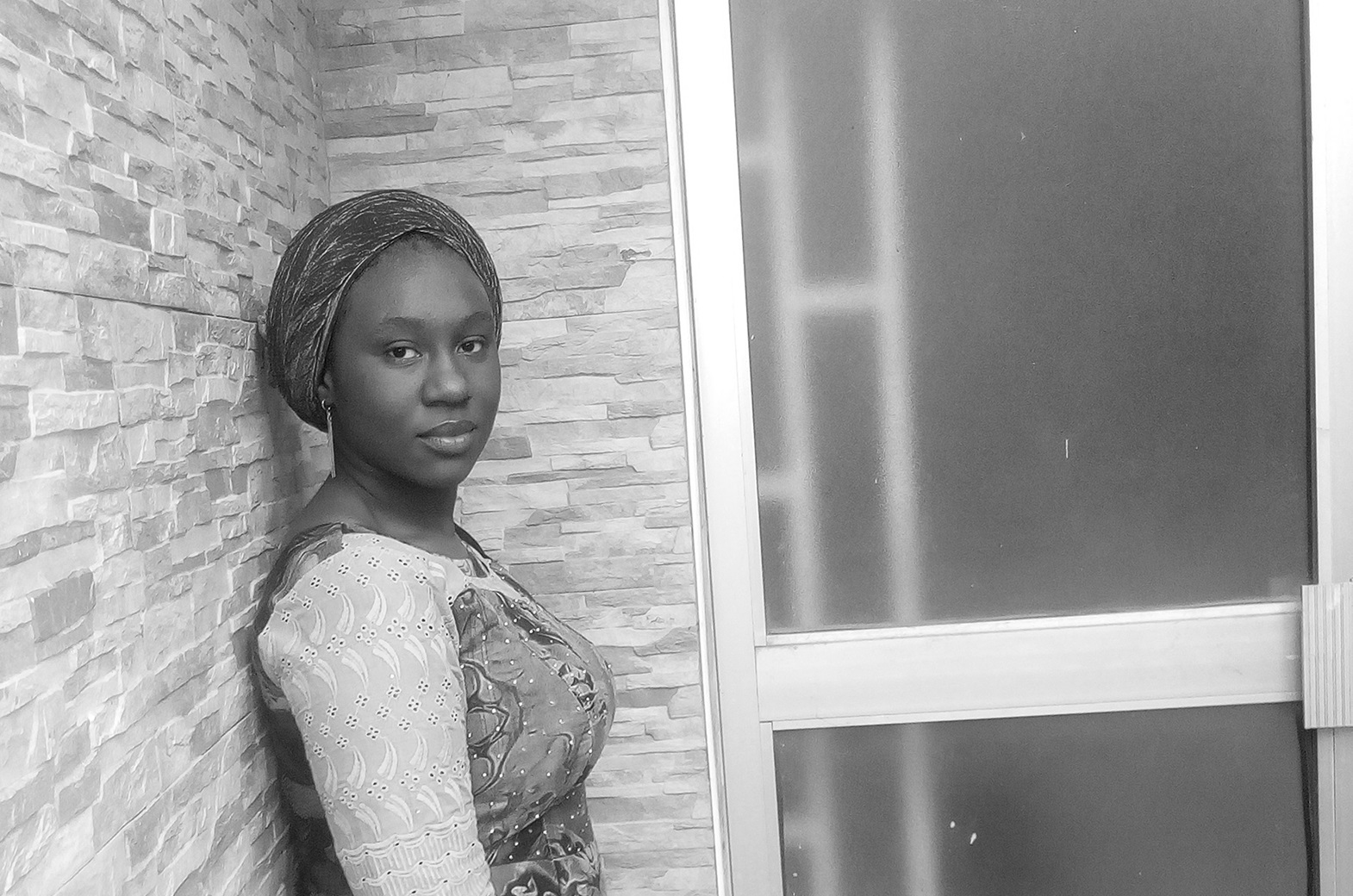
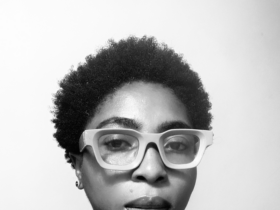
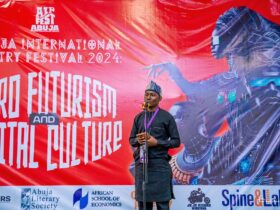
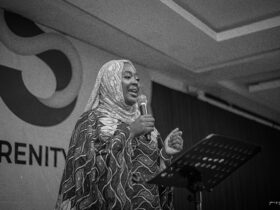

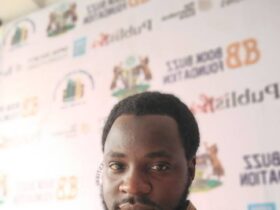

Leave a Reply